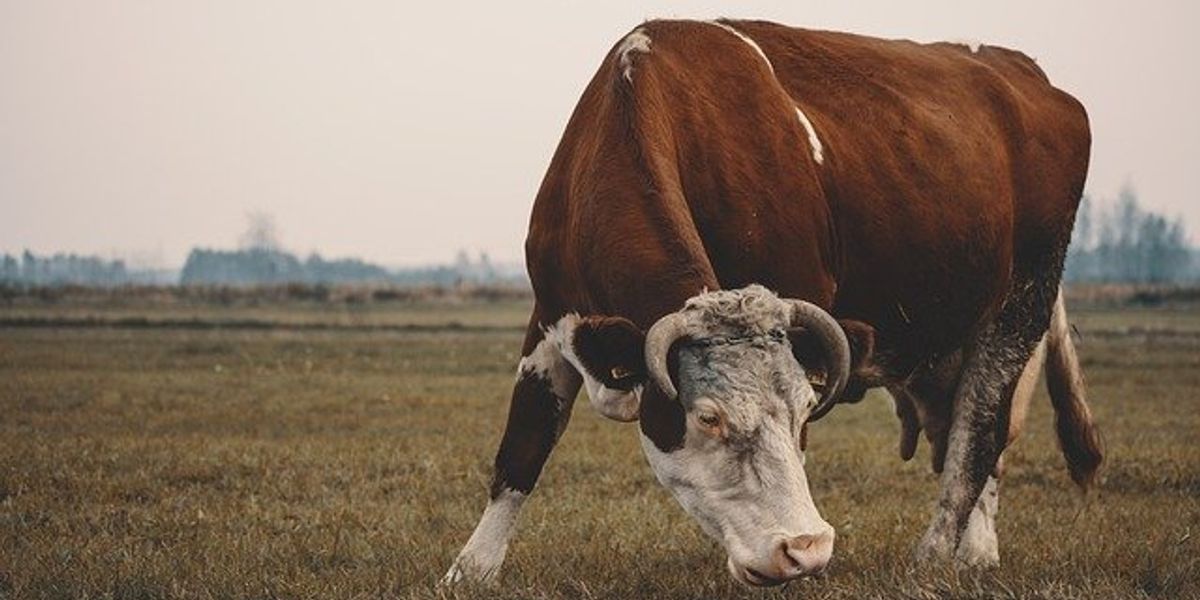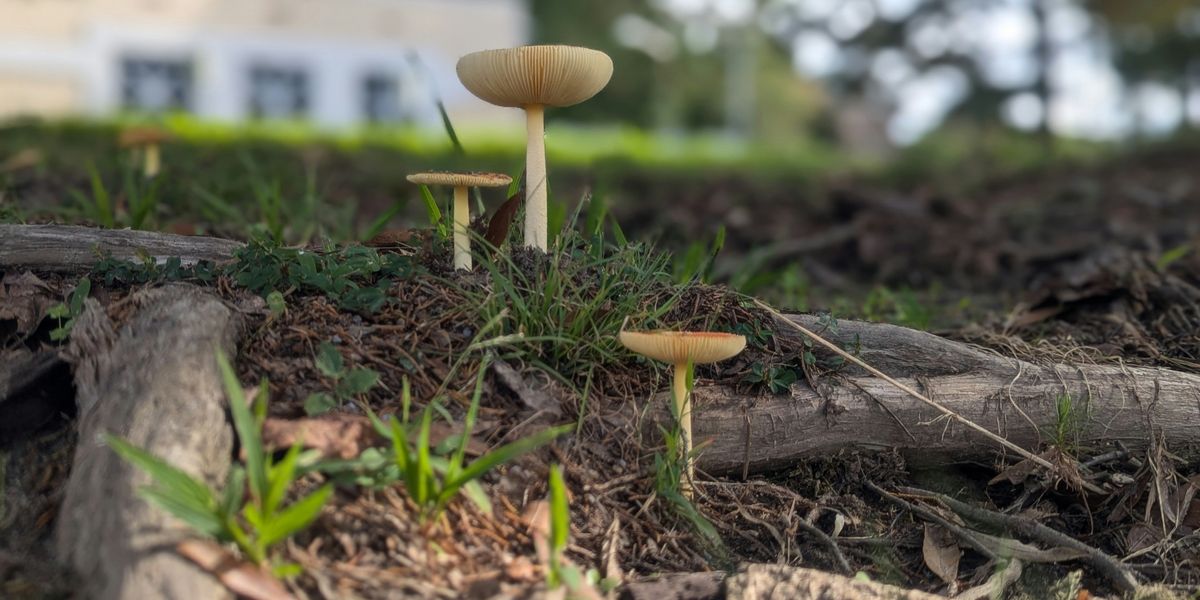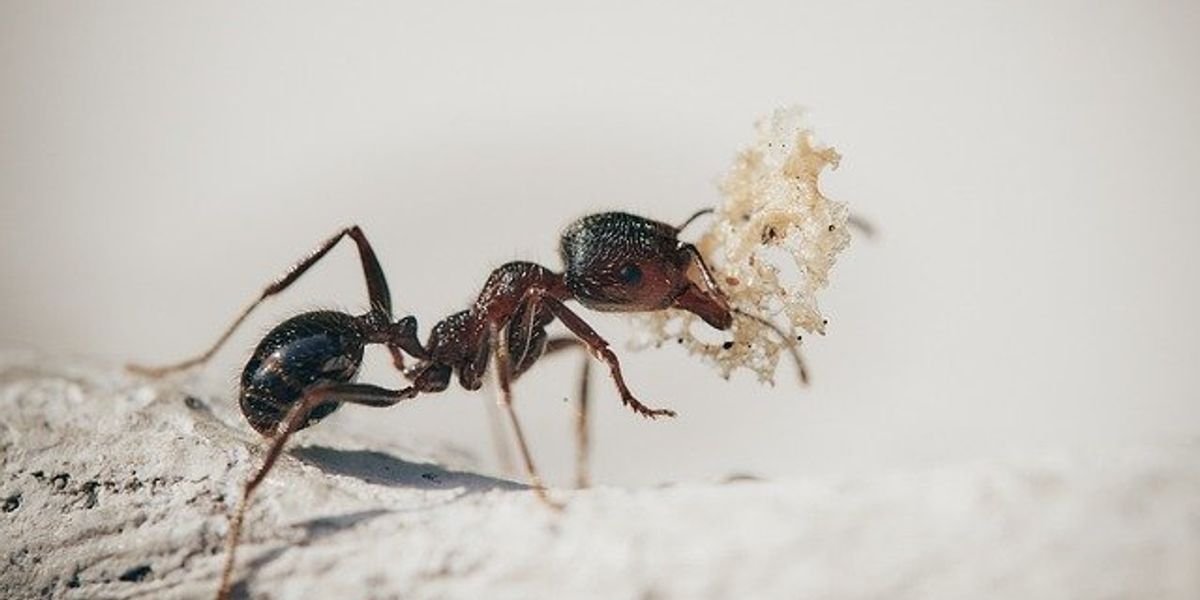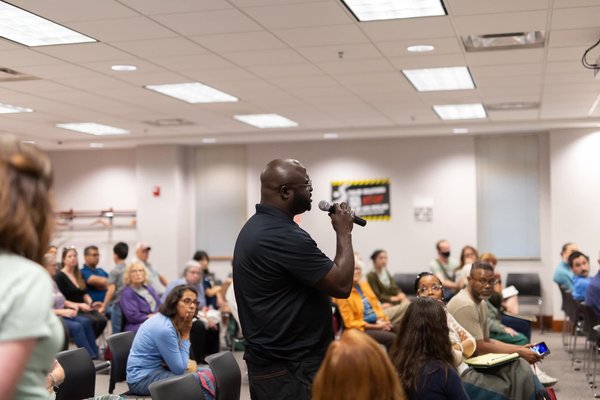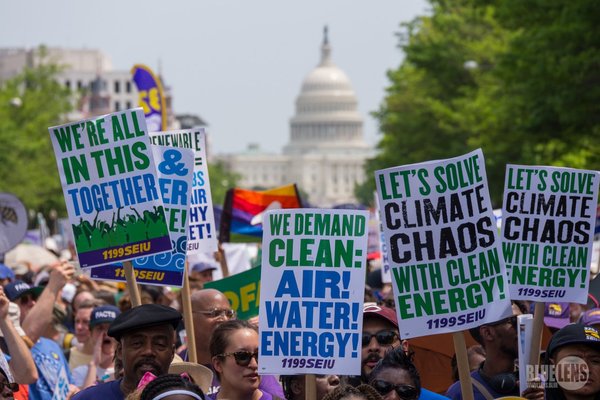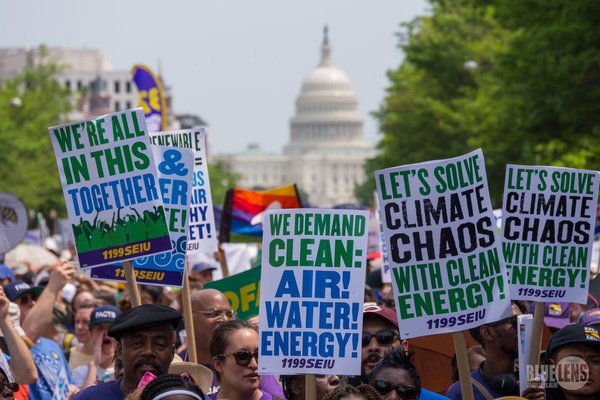
Urban farming's climate impact may be overstated, says study
Despite recent headlines, a study finds urban farming's climate villain reputation may be undeserved, spotlighting the nuances of its environmental impact.
Lisa Held reports for Civil Eats.
In short:
- Misinterpretations of a research study have led to unfair criticisms of urban farming's climate impact, overlooking the study's actual findings.
- The distinction between urban farms and community gardens significantly affects greenhouse gas emission comparisons, with urban farms showing competitive carbon footprints when considered separately.
- Infrastructure contributes majorly to carbon emissions in urban farming, suggesting potential for reduction through sustainable practices and materials.
Key quote:
"The most important sustainability challenge of our time is climate change, and if we’re gonna talk about sustainability in the context of urban agriculture, we have to talk about carbon emissions."
— Jason Hawes, Ph.D. student at the University of Michigan
Why this matters:
Urban farming, the practice of cultivating, processing, and distributing food in or around urban areas, holds significant potential for mitigating climate change impacts. This innovative approach to agriculture offers a sustainable pathway for cities, contributing to reduced greenhouse gas emissions, enhanced carbon sequestration, and improved overall urban environmental health.
For more than 150 years, from the rural South to northern cities, Black people have used farming to build self-determined communities and resist oppressive structures that tear them down.

